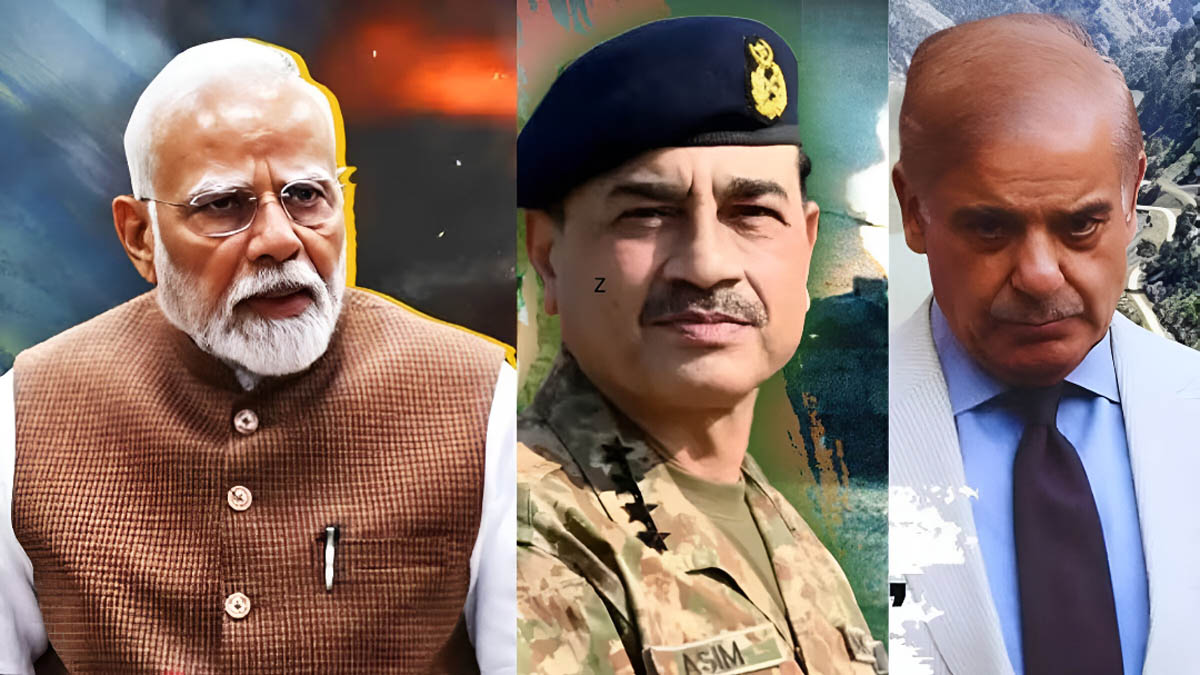Following the recent tragic attack in Pahalgam, which claimed the lives of numerous tourists, India has adopted an unequivocally strong and resolute stance regarding its relationship with Pakistan. The message
All posts tagged in Pakistan-occupied Kashmir
3Articles
Bollywood actor Shahid Kapoor has stirred a buzz on social media after deleting his initial post lauding “Operation Sindoor” and subsequently disabling comments on the revised post. The operation, conducted
Amid heightened tensions following India’s “Operation Sindoor,” Pakistani troops have initiated cross-border shelling for the second consecutive day in the Kupwara district along the Line of Control (LoC). The unprovoked








